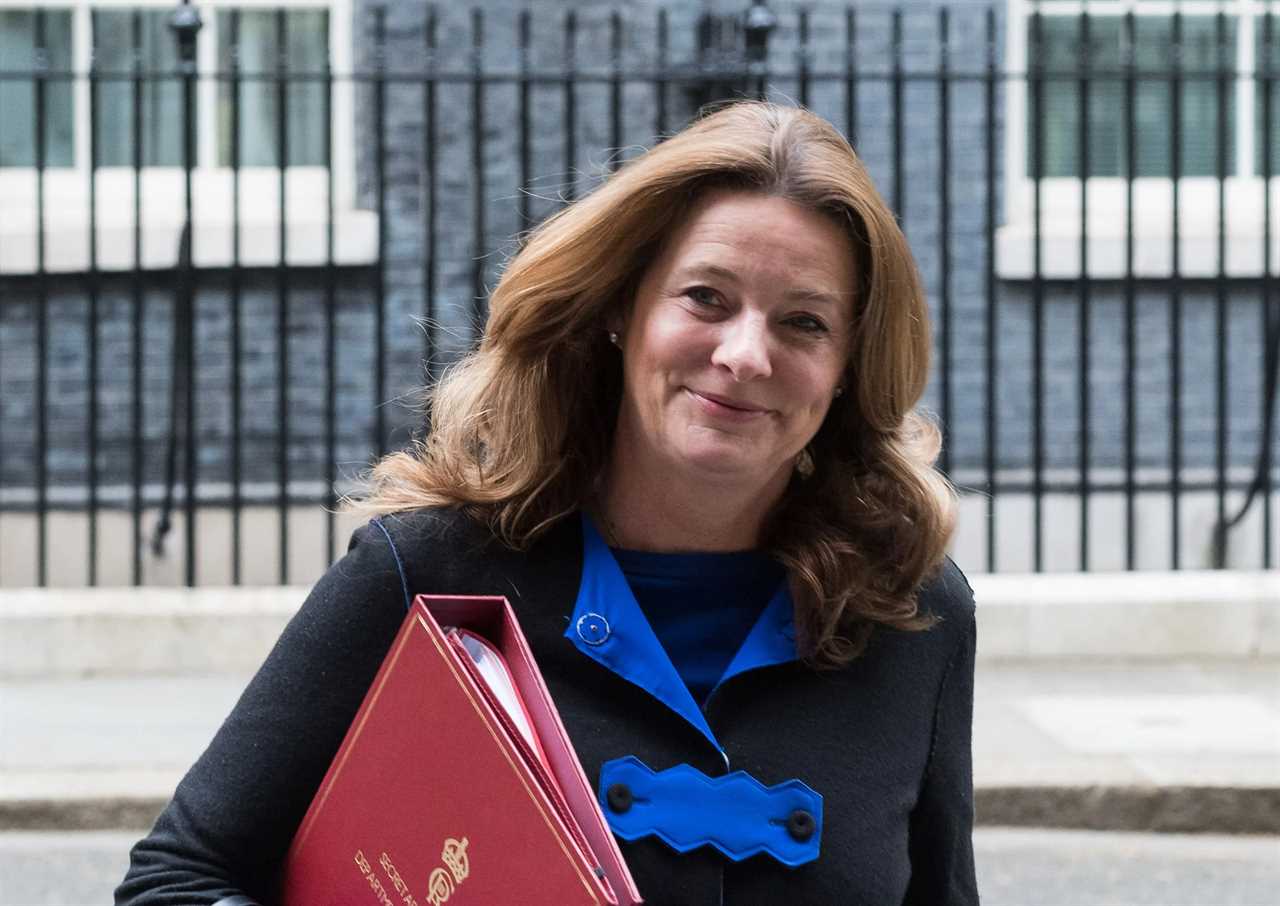
Dodgy concrete found in schools across England has thrown the start of the term into chaos. Education Secretary Gillian Keegan has reassured parents that this crisis will not lead to a return to school lockdowns.
No return to school lockdowns
In an exclusive article in Trending In The News, Education Secretary Gillian Keegan emphasized that the disruption caused by the dangerous building material will not mean a return to the dark days of school lockdowns. Keegan acknowledged the importance of the new school year for families and explained that closing a small number of classrooms was done to prioritize the safety of students and staff.
Widespread impact
The dodgy concrete scandal is expected to widen, reaching beyond schools. Structural engineers will be sent to hundreds more schools, hospitals, courts, and job centers to identify signs of the material. The concrete used in the 1950s and 1960s contains air bubbles that can lead to sudden collapses.
Protecting children's safety
Ministers are taking an ultra cautious approach in closing some schools to protect students from potential harm. The Department of Education has been investigating the issue since a ceiling collapsed in a school in Gravesend, Kent, in 2018. Recent incidents prompted urgent orders to keep some schools shut.
Calls for emergency backup plan
Various figures within the education sector are calling for emergency backup plans to minimize the impact on children's learning. Children's Commissioner for England, Rachel de Souza, urged urgent action to mitigate the disturbance in children's lives caused by the concrete crisis. Anne Longfield, head of the Commission on Young Lives, suggested the government should establish a Nightingale program to ensure children can still attend school, even if they cannot access their regular buildings.
This article was originally published in The Guardian on [insert original publication date].






